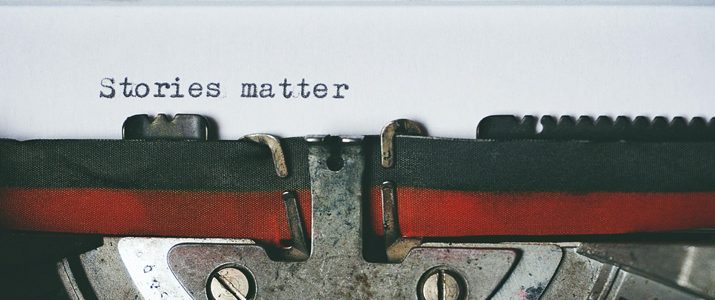We ‘reveal’ the cover of forthcoming novel, “We Are Not Anonymous”
We Are Not Anonymous (cover reveal)


We ‘reveal’ the cover of forthcoming novel, “We Are Not Anonymous”
We Are Not Anonymous (new novel) will be published in March 2025.

I’m very pleased to be able to announce the two winners of the King’s College London ‘Mirror Machine’ writing challenge.
Congratulations to all those who took part and submitted such wonderful thought provoking stories; the winning stories are now available to read here.
You can also hear them being read, alongside a keynote on Digital Twins and a panel of: experts; the winners; and those of us who judged the entries. [Book via eventbrite; location is King’s College London, Strand, London WC2R 2LS]